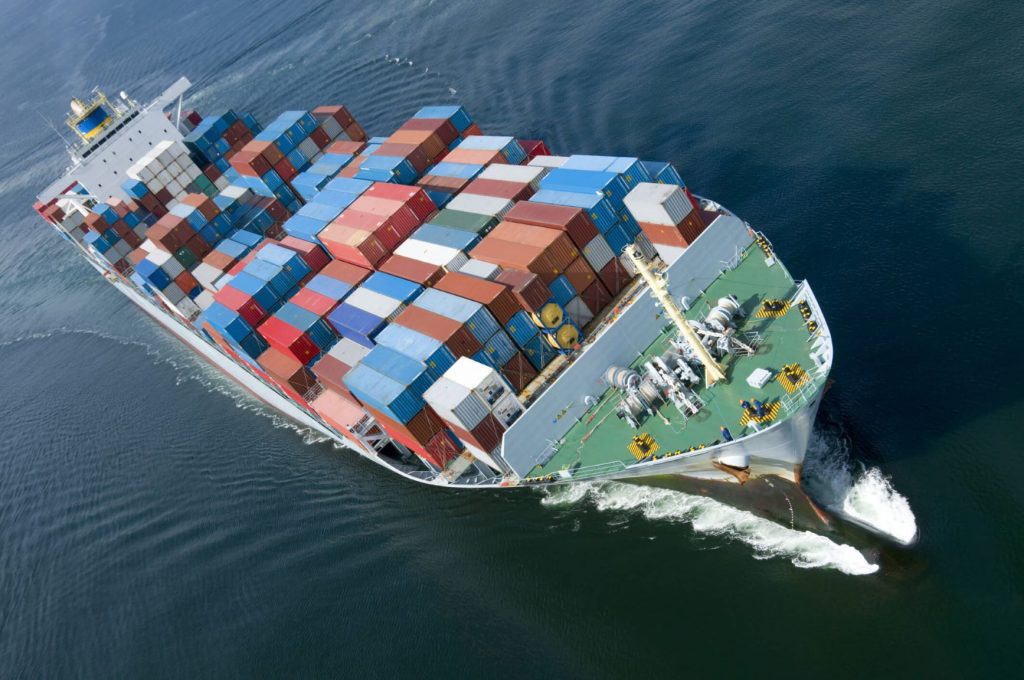EU Proposes Supply Chain Emergency Powers, Spooking Business

Europe-based companies could be made to prioritise production of key products and stockpile goods under draft EU rules that would give Brussels emergency powers to tackle supply chain crises.
The Single Market Emergency Instrument put forward by the European Union executive on Monday is a response to bottlenecks caused by the COVID-19 pandemic and Russia’s Ukraine invasion.
The proposal, which echoes similar measures adopted by the United States and Japan, is expected to face strong pushback from businesses and some European Union countries, concerned that this amounts to over-reach by the European Commission.
“We need new tools that allows us to act fast and collectively at whatever kind of risk we face,” Commission Vice-President Margrethe Vestager told a news briefing.
Vestager sought to ease concerns that the draft rules may force companies to breach commercial agreements, saying they will not override deals subject to third country jurisdictions, unlike those bound by European contractual laws.
Lobbying group BusinessEurope set out its concerns in a paper published ahead of the EU announcement.
“An intrusive mandatory ex-ante market monitoring for ‘something that may or may not happen under certain conditions which may change beyond our control’ fails to meet the proportionality and necessity principles,” the group said.
“The same goes for some of the possible measures to mitigate a crisis,” BusinessEurope said.
The draft rules empower the Commission to order EU states to reorganise supply chains and increase supplies of crisis-relevant goods as quickly as possible, including expanding or repurposing existing production capacities or setting up new ones and placing crisis-relevant goods on the market.
Companies could be made to prioritise the production of certain critical goods under the rules, which critics say may breach contractual obligations and expose corporate secrets.
Businesses that provide incorrect or misleading information risk fines up to 300,000 euros ($299,220). Those failing to comply with an order to prioritise key products could face daily periodic penalty payments of 1.5% of average daily turnover.
(Reporting by Foo Yun Chee; editing by Philip Blenkinsop and Alexander Smith)




